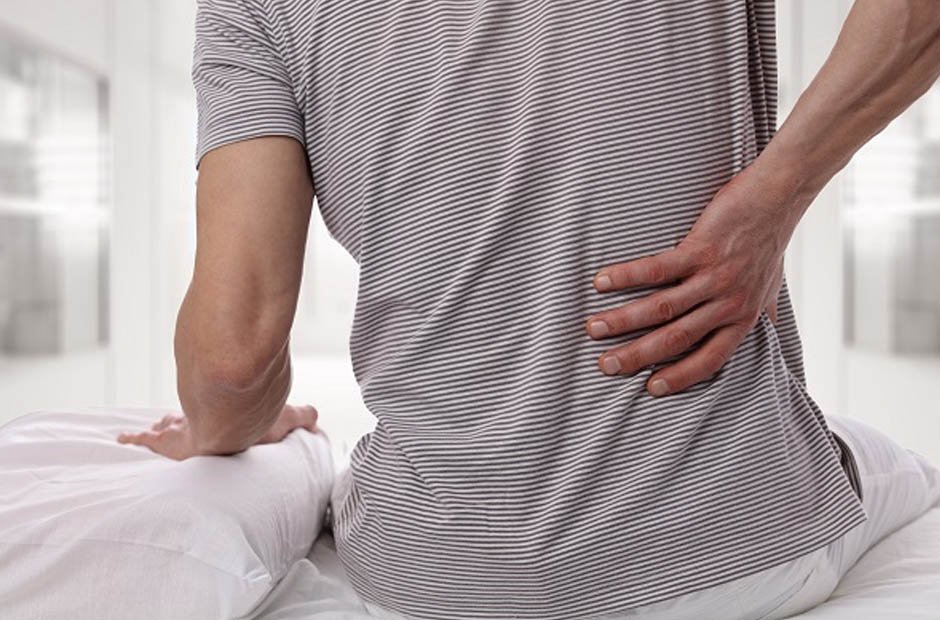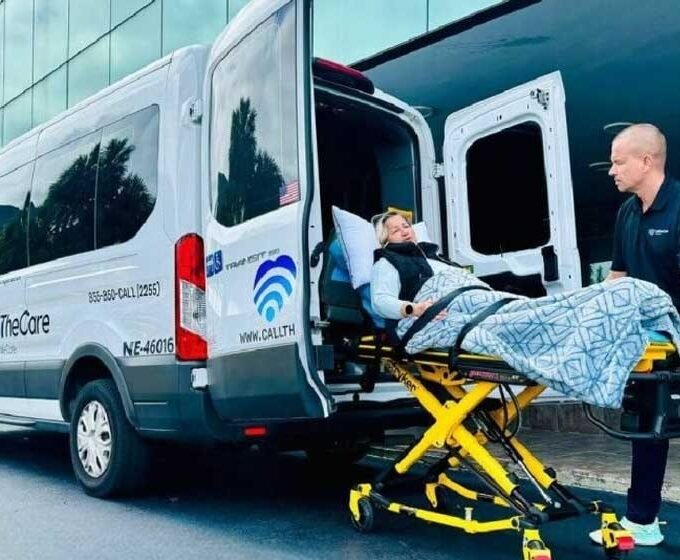Chronic pain is a complex and often debilitating condition that can significantly affect one’s quality of life, especially when after an accident. Unlike acute pain, a normal sensation triggered in the nervous system your body uses to alert you to possible injury, chronic pain persists long after the injury has healed, lasting for months or even longer.
Understanding Chronic Pain
Many types of accidents can lead to chronic pain, whether it’s a slip and fall, car accident or workplace injury. These can lead to various conditions such as musculoskeletal pain, neuropathic pain, or persistent headaches.
Chronic pain involves both the physical aspects of injury and psychological factors, which can make it difficult to manage.
Initial Steps After an Accident
Chronic pain management begins immediately after the accident. Seek medical attention right away. This allows you to receive a diagnosis and build a treatment plan for your injury. Early intervention can significantly improve your prognosis. Not only that, but if you plan to make a personal injury claim or have insurance take care of your medical bills, it’s very important to document your accident at every step of the way.
If you are curious about legal action, speak with the St. Louis injury lawyers at The Floyd Law Firm about your claim.
Medical Treatments
Medical treatments for chronic pain vary widely. Injured patients might opt for more conventional, pharmaceutical approaches such as prescription medications or over-the-counter pain relievers. Or, some patients might want to try alternative therapies, like homeopathy, massage therapy, or chiropractic care. Ultimately, it comes down to your preferences, and you can try a wide variety of approaches to see what’s best for you.
Lifestyle Modifications and Self-Care
Adopting lifestyle changes can help manage pain. Changes such as regular exercise–especially yoga or pilates, balanced nutrition, and quality sleep have been shown to treat pain symptoms. Self-care practices not only improve physical symptoms but can also improve your well-being.
Psychological Support
Chronic pain is more than a physical condition, but due to its nature, it can cause significant emotional and psychological burdens. Talking to a therapist or joining support groups can help you develop coping mechanisms and strategies to manage the impact on your mental health.
Managing Long-Term Implications
Living with chronic pain can mean adjustments to your lifestyle. Don’t be afraid to ask for modifications at work and look into disability management. Developing long-term pain management strategies with the help of healthcare professionals is crucial for maintaining quality of life and minimizing the condition’s impact on daily activities.
Prevention and Education
Not all accidents can be prevented, but being aware of the ways to reduce risk and following safety protocols can dramatically reduce the rate of accidents. Additionally, being proactive about your health and seeking immediate care after an accident may lead to less chance of developing lasting, chronic pain.
Chronic pain management after an accident takes a multidisciplinary approach. By finding the right medical treatment for you, adopting lifestyle changes, and seeking psychological support, people suffering from chronic pain can find relief and regain control over their lives.
















